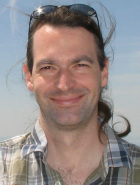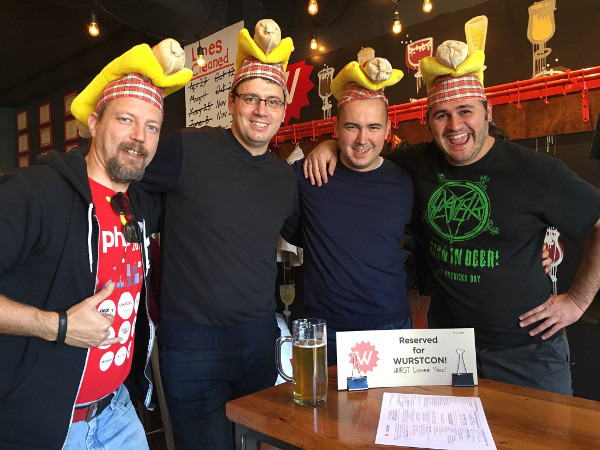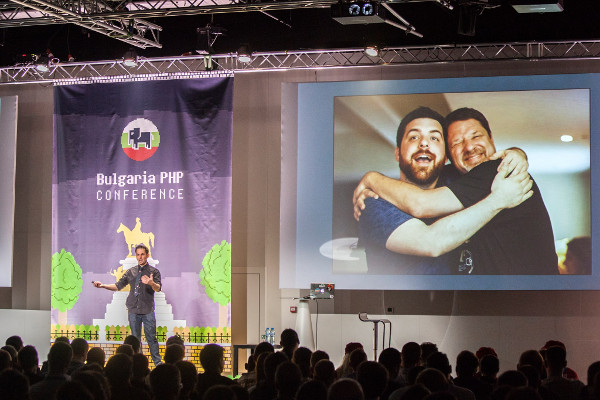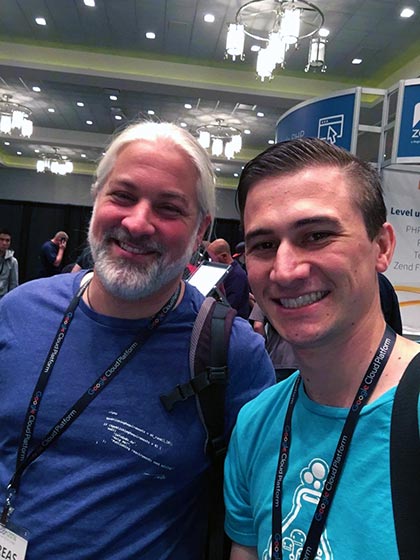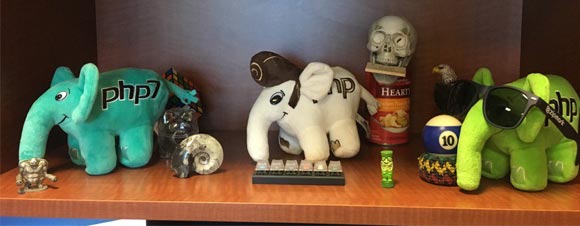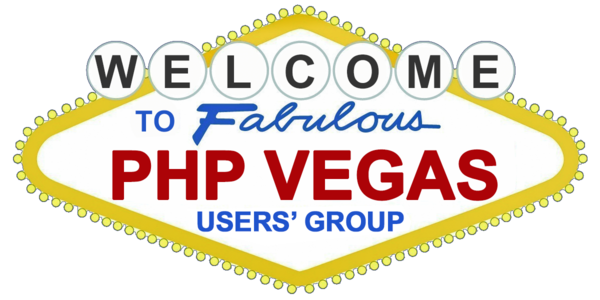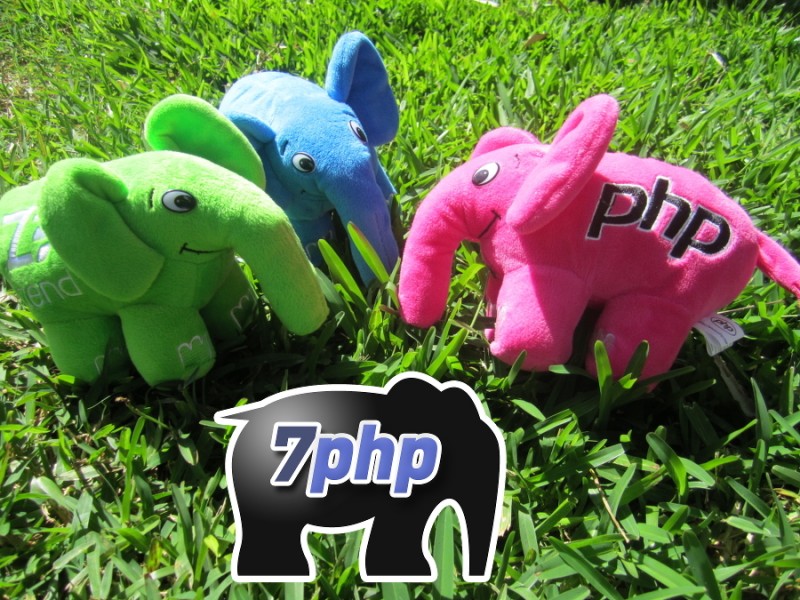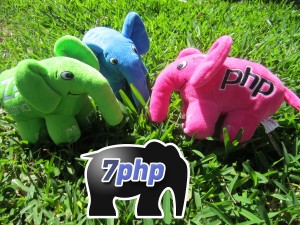As PHP Developers, we are all part of the great worldwide herd that is the PHP Community, whether we realise it or not. From developers working in large departments for big corporations; to small teams; and single, solitary developers working for tiny companies, or freelancing from home: we all have access to that Community of other PHP developers that we can call upon for help when we need it.
We have access to the tools and libraries that have been written by members of that Community, and that they have made freely available to help us all.
Tools such as xdebug and blackfire that help us with debugging and profiling our code; frameworks like Symfony, Laravel and Zend save us rewriting code time and again for every new project, and provide us with a stable and well-tested structure that cleanly and securely handles the basic functionality that our code needs; the myriad of libraries on github give us access to complex functionality without our having to write it ourselves; phpunit, behat, phpspec and codeception help us test it; while composer gives us a simple mechanism to pull libraries and frameworks together. Organisations like FIG help define standards that make it easier for us to develop code that integrates easily with other libraries and frameworks. All are the products of members of the PHP Community to help us become better at what we do.
But the PHP Community isn’t just about providing a few tools, libraries and standards… it’s about learning and sharing knowledge. And even more, it’s about providing support for each other when we need help in any way.
If we can travel to them, then PHP User Groups and Conferences are a great way of learning and sharing our knowledge, and a great way of meeting with other developers face to face to talk about work, about our experiences, about PHP (and almost any other topic, technical or otherwise); but even if we can’t travel, then NomadPHP provides a monthly online learning conference. There are PHP developers who give freely of their time for online mentoring via PHP Mentoring. And the help given within the PHP Community isn’t limited to technical and learning support, but can be called upon to assist with personal problems as well. Open Sourcing Mental Illness is a wonderful initiative that provides resources and support for those who are struggling with mental health. When one of the PHP core contributors found himself and his family homeless and living out of a caravan, they were able to reach out to the PHP Community which donated enough for them to find a new place to live. When another member of the Community found that the twins his wife was carrying were Monoamniotic-Monochorionic, and that they wouldn’t be able to afford the healthcare if he took the time off work to support her, the Community again came together to help out.
So the PHP Community is about far more than simply providing a few helpful utilities, or the occasional meetup… it’s like a family where so many people are willing to help each other, not simply as PHP developers, but as individuals.
I don’t see myself as that infamous 10x ninja rockstar developer; but I have been an active participant in the PHP Community for many years now. I’ve released a few of my own small projects and libraries as Open Source, and contributed to others. I’ve blogged occasionally, and answered a few PHP questions on StackOverflow. I started attending usergroup meetups and conferences, at first just locally, and later in other countries; then speaking at them. In doing so, I’ve met some incredible people, who are willing and happy to do so much helping others to achieve so much more. All of this has helped me improve as a developer; and while I’ll never be that 10x ninja rockstar developer, my understanding of development techniques and practises has grown, and my designs and code quality are far better now than they have ever been because I have learned so much from the members of the PHP Community.
Two of the biggest lessons that I have learned from the PHP Community are:
- We are standing on the shoulders of giants.
There are thousands of developers who have come before us, who have volunteered their time and efforts to make PHP and the PHP infrastructure great, and we owe them a debt. - Paying the debt forward.
We can repay that debt by helping others.
Yet there is still so much more that I can (and will) learn from the Community – if you ever stop learning, it isn’t because you know everything that there is to know, it’s because you’ve given up. And I don’t just learn from the 10x ninja rockstars; because even the newest members of the Community can give me new insights and ideas, new ways of thinking about a problem or a solution, new perspectives on design or coding, new tools and libraries that I can use. That’s the beauty of such a Diverse Community.
It’s that Diversity which gives the PHP Community its strength: we all come from different backgrounds, with different and unique experiences that we can share. We can all learn, and we can all teach others. Yet sometimes the PHP Community doesn’t appear as Inclusive or welcoming as it should; and sometimes it seems too much like a clique of like-minded people, that can dissuade others from reaching out to join and participate.
Like all families, the PHP Community isn’t always happy; and while it is more Diverse than many technical communities, it is far from perfect. To many that have yet to embrace the Community, it still seems exclusive and restrictive, and limited to those who “fit”. For many, they don’t believe they could ever be a part of that Community because they are different. They look at a conference schedule, and see no role models for themselves among the speakers that might persuade them to attend. They see photographs of conference “swag” containing playboy magazine (sorry Drupal Camp Munich), and believe that the conference is just for straight men with a liking for pornography, so it’s not for them. They read a few blog posts (or hear a conference talk) that criticises WordPress or Laravel (I use both myself) or <insert other library/framework/tool here>, and feel that they can’t be a part of the PHP Community because they are a WordPress or a Laravel developer.
If we want to maintain or extend that Diversity which is the strength of the PHP Community, we need to show that the Community actively welcomes that Diversity.
Promoting Diversity isn’t simply a matter of putting a “welcome” sign in the Community window. We need to reach out to all those who don’t believe that they are a part of the Community, and show them that they are; and that their thoughts and ideas matter to the Community as a whole. We need to be aware of Diversity Issues and then look at how to address them. Having a “Code of Conduct” for a Community event is like posting a welcome sign; but being prepared and willing to listen and act on breaches to that CoC is a sign of commitment. Saying that your conference runs a blind review of CfP proposals is posting a welcome sign; actively seeking out minority groups and asking them to submit proposals is showing commitment to Diversity. Those are just a couple of examples that spring instantly to mind; but there are many other ways of promoting Diversity within the PHP Community, and there are many people more qualified than myself to highlight and expand on them.
There is no single magical solution to making the Community more inclusive and welcoming to everybody; but Diversity is Enabled by action, and is Blocked by inaction or inertia. Organisations like PHPWomen have been working proactively to promote Diversity within the PHP Community for many years. More recently, my own Enfys, the PHPDiversity Elephpant is intended to make us think more about Diversity Issues, and to remind us that we should be more Inclusive within the Community, and that means Inclusive of all PHP developers regardless of race, gender, sexual orientation, gender identity, age, nationality, disability, religion and technology. Everybody within the PHP Community deserves to have their voice heard. Enfys may only be small step, but each small step can make a big difference; and in the coming year both Enfys and I shall be looking to see what more I can actively do to Enable Diversity within the PHP Community.
So my challenge to everybody reading this for 2017 is to become an Enabler of Diversity, not a Blocker. Think about Diversity Issues; see if there is anything that you can address, and do so. If each of us takes that one small step, then we can change the PHP Community and make it more welcoming, to the betterment of us all.
Diversity Matters.
